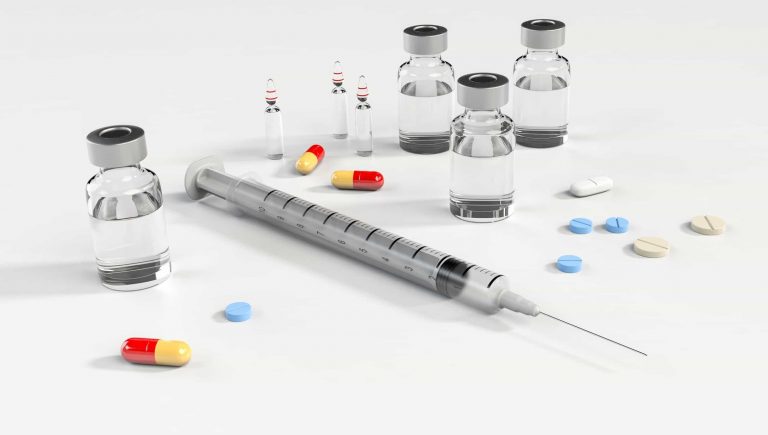Webinar Duration: 60 minutes
RECORDED: Access recorded version only for one participant; unlimited viewing for 6 months (Access information will be emailed 24 hours after the completion of payment)
SPEAKER: Elisa Harvey
OVERVIEW:
Biocompatibility testing is an essential and critical component of any US marketing application for a medical device that has direct or indirect contact with humans. This webinar will cover the FDA’s existing and recently updated draft guidance on the use of ISO-10993 to determine what testing is necessary, and describe in detail general and specific testing considerations, based on the nature and duration of contact of the medical device with humans.
It will also cover when animal safety studies may be used to justify omission of certain biocompatibility tests, as well as the desired content of a biocompatibility test report.
In this webinar we will discuss recent FDA observations in the laboratory and how this knowledge can be used in the laboratory to prevent or reduce regulatory observations in the future.
Why should you Attend: You should attend because biocompatibility testing is an essential and critical component of any US marketing application for a medical device that has direct or indirect contact with humans. Therefore, it is important to know how to use the available FDA guidance to determine which tests listed in ISO-10993 will be required based on the nature and duration of contact of the medical device with humans. It is also important to know and understand specific details regarding how testing should be conducted in order to meet FDA’s expectations.
Areas Covered in the Session:
– History and background of biocompatibility testing and ISO-10993
– Previous FDA guidance
– Current FDA draft guidance
– Test selection
– General testing considerations
– Specific testing considerations
– Use of animal safety studies to justify omission of specific biocompatibility tests
– Assessment of known and/or potentially toxic chemical entities
– Contents of a biocompatibility test report
Who Will Benefit:
– Regulatory affairs professionals
– Compliance Managers
– Quality Managers
– Manufacturing Engineers
– Research and Development
SPEAKER PROFILE:
Elisa Harvey is a Senior Regulatory Consultant at CardioMed Device Consultants. She provides clinical, preclinical and regulatory consulting services for the medical device industry. Dr. Harvey brings extensive scientific and regulatory experience to assist at every step of the device development plan from early animal testing to clinical trial planning and regulatory submission strategy.
Prior to joining CardioMed, Dr. Harvey worked for more than ten years in FDA’s Office of Device Evaluation (ODE) within the Center for Devices and Radiological Health. She began as a reviewer in the Obstetrics and Gynecology Devices Branch. Later she became Chief of the Peripheral Vascular Devices Branch with the Division of Cardiovascular Devices. In this position she oversaw the review and approval of a wide variety of devices including peripheral and carotid stents, vena cava filters, stent-grafts for the treatment of thoracic and abdominal aortic aneurysms, and numerous other catheter-based technologies. Her most recent position at FDA was overseeing the Investigational Device Exemption (IDE) and Humanitarian Device Exemption (HDE) Programs in ODE. Here she directed regulatory policy for IDEs and HDEs, and managed ODE’s growing pre-IDE program, which has become an invaluable part of the device development plan.
Dr. Harvey’s diverse background includes basic and clinical research, and clinical veterinary experience. She has extensive experience in review and approval of preclinical animal protocols, feasibility and pivotal clinical study protocols, and optimizing pre-IDE packages in order to maximize the effectiveness of meeting with the Agency in the pre-IDE phase.
Prior to her work at FDA, Dr. Harvey practiced veterinary medicine full time for several years. She earned her Bachelor’s degree in biology at Mary Washington College, her Master’s and Ph.D. degrees in zoology and reproductive physiology respectively at the University of Connecticut, and her veterinary medical degree from Tufts University.



